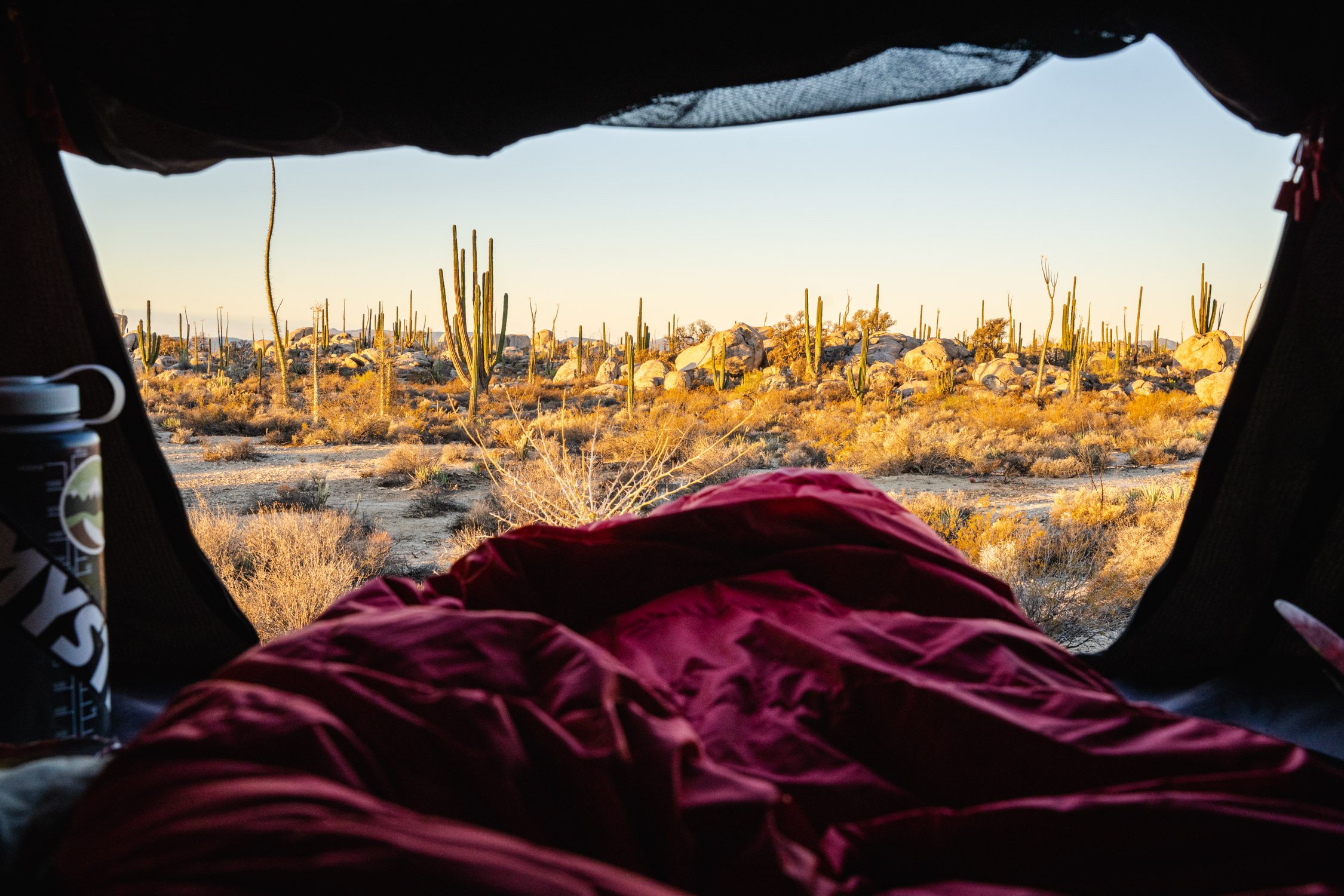Known for his death defining ascent of El Cap in Freesolo, Alex Honnold has become a household name. Yet, Honnold's superstardom hasn't changed his pursuit in climbing, in fact, he is still searching rock climbs that shake professional rock climbers.
Here for another round of stellar storytelling and cinematography, National Geographic tease out their next series on rock climbing that is set to air February 4th, 2024 on Disney+. This time, the Honnold pairs up with Hazel Findlay and Mikey Schaefer and head to the arctic to climb Ingmikortilaq in hopes of a first ascent.
If you haven't already, check out the trailer just released:
Who Is Alex Honnold?
Alex Honnold is a renowned American rock climber and free soloist, gaining international fame for his extraordinary feats in the world of vertical exploration. Born on August 17, 1985, in Sacramento, California, Honnold is best known for his death-defying free solo climbs, a discipline in which climbers ascend towering rock walls without the use of safety ropes or equipment. His groundbreaking ascent of El Capitan's Freerider route in Yosemite National Park, without any protective gear, in 2017 is a testament to his unparalleled skill and fearlessness.
Honnold's accomplishments have not only redefined the boundaries of what's possible in rock climbing but have also inspired and captivated audiences worldwide through films and documentaries, including the Academy Award-winning "Free Solo." His dedication to his craft and unwavering pursuit of personal challenges have made Alex Honnold a legendary figure in the world of outdoor adventure and exploration.
Where is Ingmikortilaq?
Ingmikortilaq, pronounced Ing-mick-ort-till-lack, is a 3-million-year-old granite and gneiss cliff located on a remote peninsula in Greenland's eastern coast. Rising 3,750 feet out of the water, it is one of Earth's tallest unclimbed natural monoliths. This monolith, meaning "the separate one" in Greenlandic, is situated in a region considered "at ground zero" of the climate crisis, making it of significant scientific interest.







